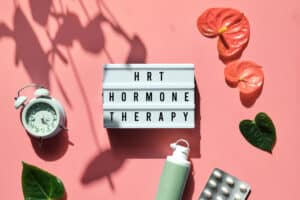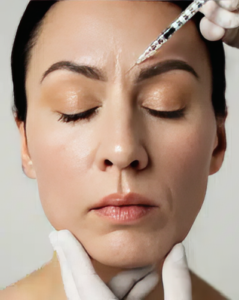What happens to your hormones after pregnancy?
After giving birth, a woman’s body undergoes rapid hormonal shifts that can significantly affect her physical, emotional and mental well-being.
Here’s a deeper look at how this affects your health:
1. Estrogen and Progesterone DROP
During pregnancy, estrogen and progesterone levels are elevated to support the growing baby. After childbirth, these hormones drop dramatically. This sharp decline is what can trigger mood swings, irritability, and postpartum depression. The drop in progesterone, in particular, can leave new mothers feeling anxious and overwhelmed.
2. Prolactin Suppresses Estrogen
If you’re breastfeeding, prolactin (the milk-producing hormone) takes centre stage, suppressing estrogen. While breastfeeding offers many benefits, it can also delay the return of regular menstrual cycles and keep estrogen levels lower for longer. This can impact mood, energy, and libido.
3. CORTISOL Increases
The physical and emotional demands of caring for a newborn can cause elevated cortisol levels. High cortisol can lead to fatigue, trouble sleeping, and a weakened immune response over time, making it harder for your body to recover fully after childbirth.
POSTPARTUM SUPPORT
The journey to motherhood is life-changing, and the care you receive afterward is crucial. Too many women are left without adequate support during this critical time. Especially in busy, fast-paced life like we have in Calgary.
It’s time we reframe postpartum care and give women the support they need and deserve.
Optimizing your hormones after pregnancy can be key in alleviating these symptoms. By balancing estrogen, progesterone and cortisol, you can help restore energy to the body and mind, stabilize your mood, and improve overall wellbeing.
Do you or a loved one need help navigating hormonal changes after pregnancy? Let’s talk about it! Book in for a 15-minute meet and greet with me today.



